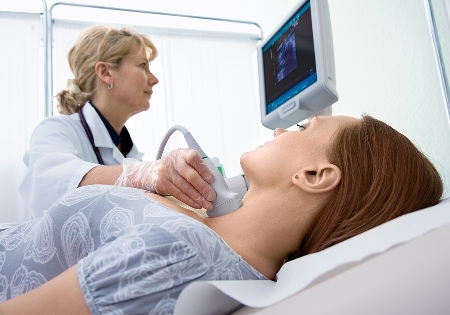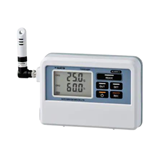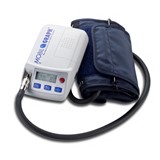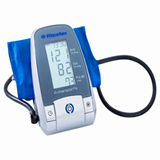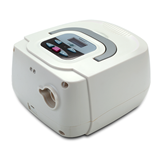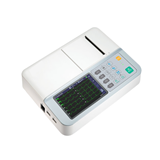The data forms part of the Melbourne Collaborative Cohort Study by researchers from the Cancer Council Victoria and the University of Melbourne which has tracked the drinking habits of 41,000 adults since the early 1990s.
Senior principal research fellow at the Cancer Council Victoria and co-author of the study, Lifetime alcohol consumption and cancer of the upper aero-digestive tract, Dallas English, said although evidence of a link between alcohol and cancer is not new, the fact the risk is now proven to be double for certain cancers is compelling.
"Along with mouth and throat cancers, long-term alcohol consumption is estimated to cause nearly 3000 new cancer cases each year in Australia, including cancers of the oesophagus, bowel (colon and rectum), liver and female breast."
To raise awareness of the issue, the Cancer Council has launched an education campaign titled 'Drink Less Live More' which encourages people to limit the amount of alcohol they consume to no more than two standard drinks in a single day. The campaign features a graphic advertisement showing stains left by a bottle of red wine, spelling out the word 'cancer.'
The Cancer Council also conducted an online survey of 500 Victorian men and women to gauge the general understanding of the link between alcohol and cancer and whether people are aware of what constitutes 'one standard drink.'
In Australia, one standard drink is equivalent to a 100ml glass of wine or sparkling wine, a 375ml can of mid-strength beer or one 30ml nip of spirits. The survey revealed nearly half the respondents (46 per cent) felt alcohol made no difference or were not sure if it had any effect on a person's risk of cancer, while only one in eight (13 per cent) knew the correct number of standard drinks in a bottle of wine.
The Cancer Council's Head of Prevention, Craig Sinclair, said it was important for people to correctly assess how much they are drinking and that GPs were well placed to influence patients' attitudes and behaviour.
"Health professionals play a key role in educating patients on the issue broadly, the more we can reduce alcohol consumption in the community, the greater the impact it will have in reducing cancer incidence in the future," Sinclair said.
For further information visit www.drinklesslivemore.com.au

